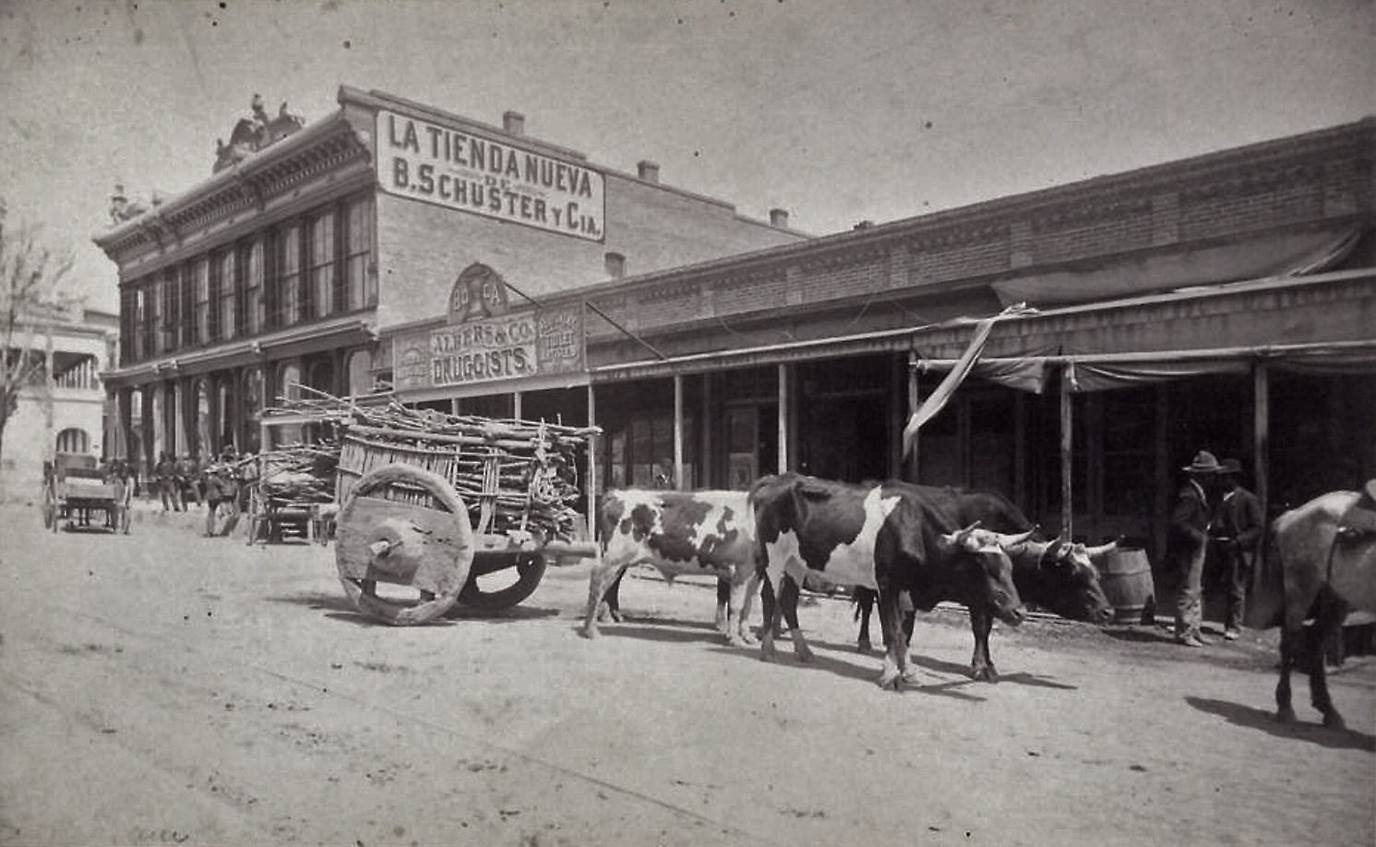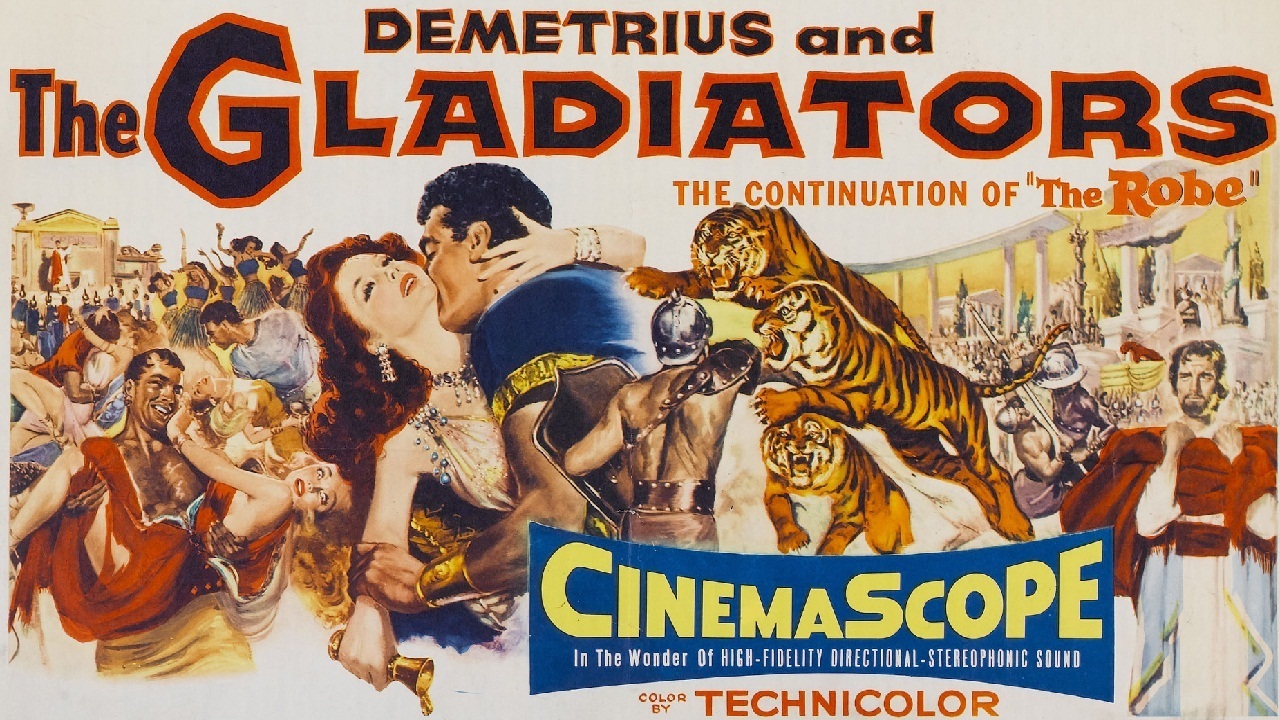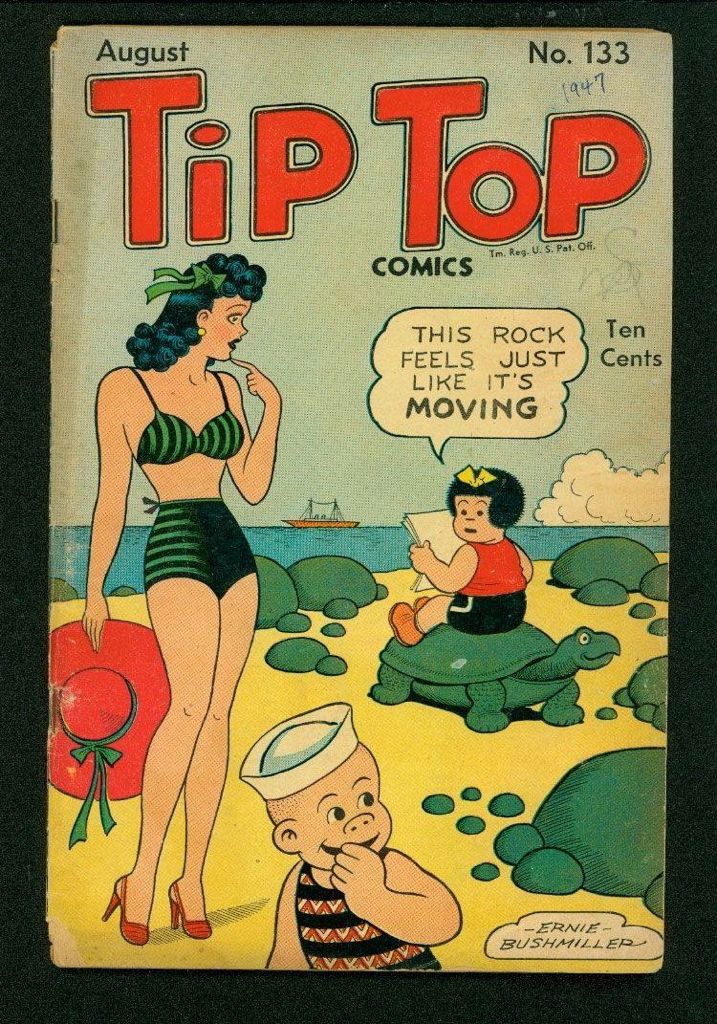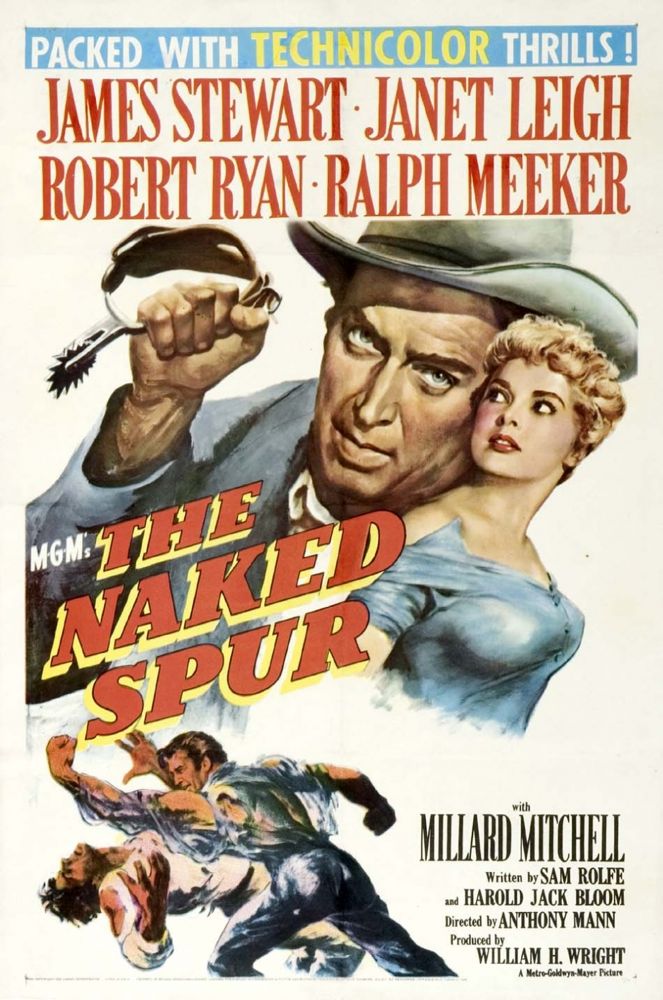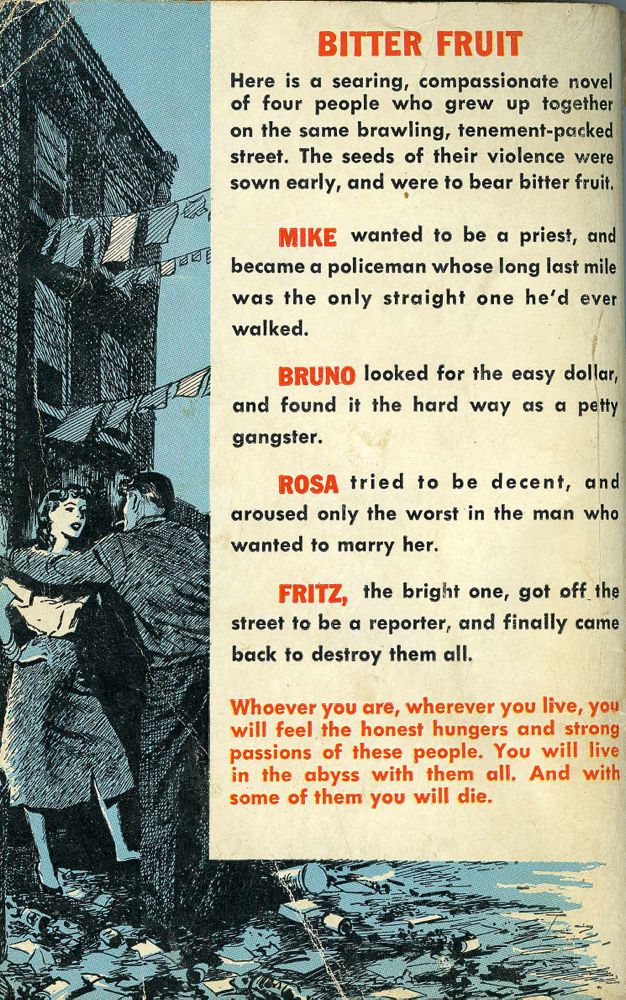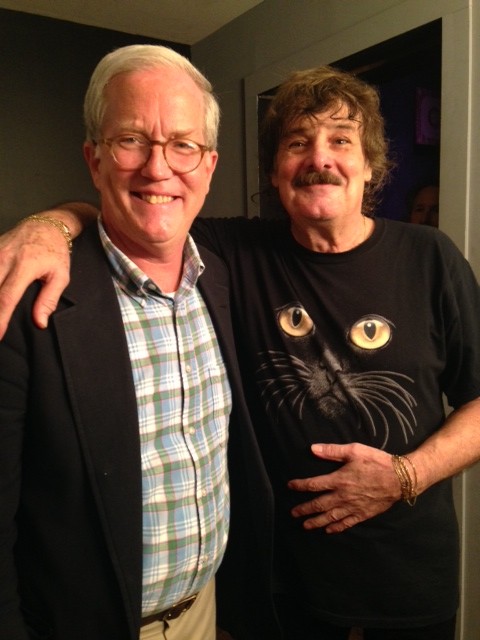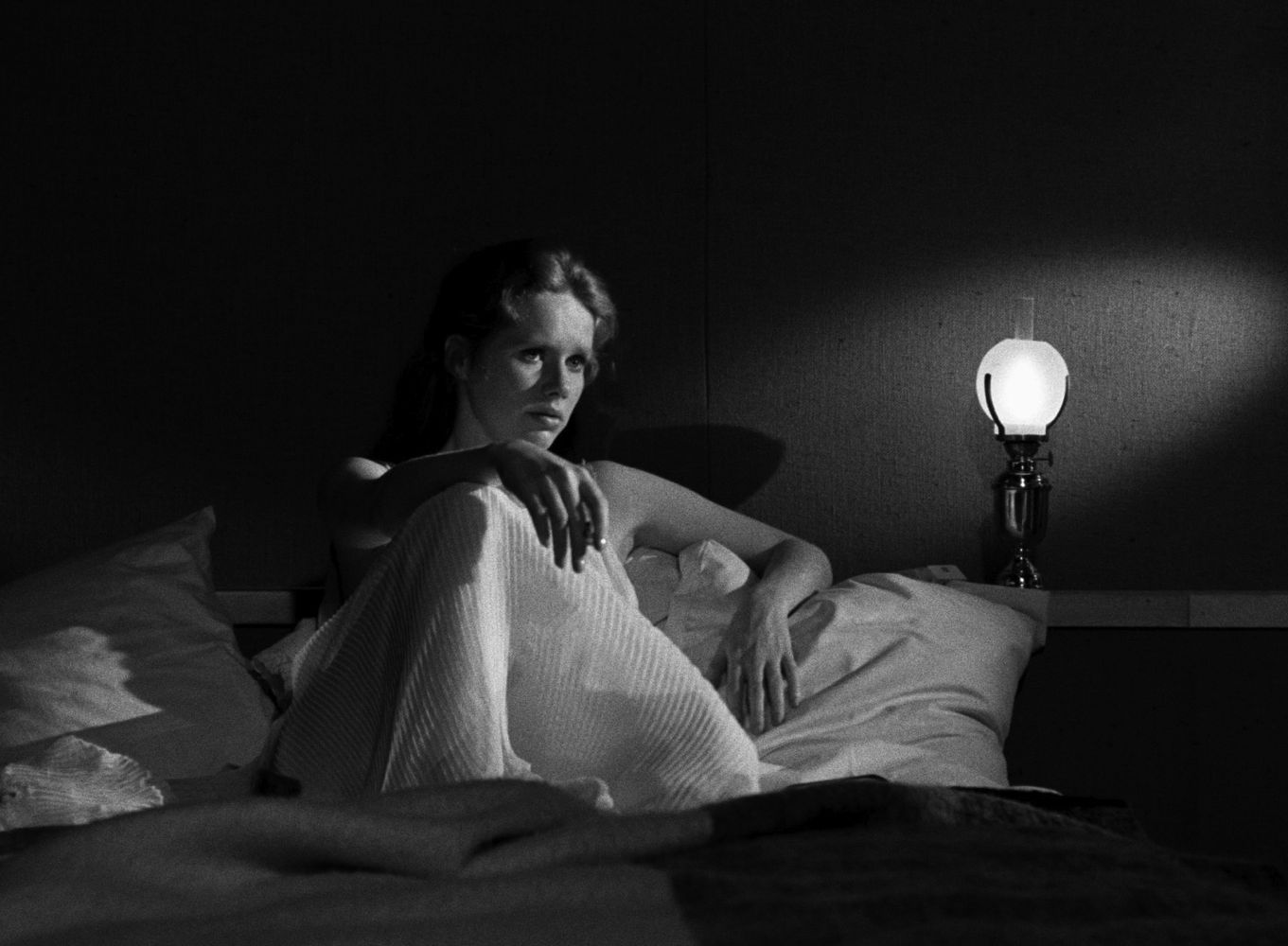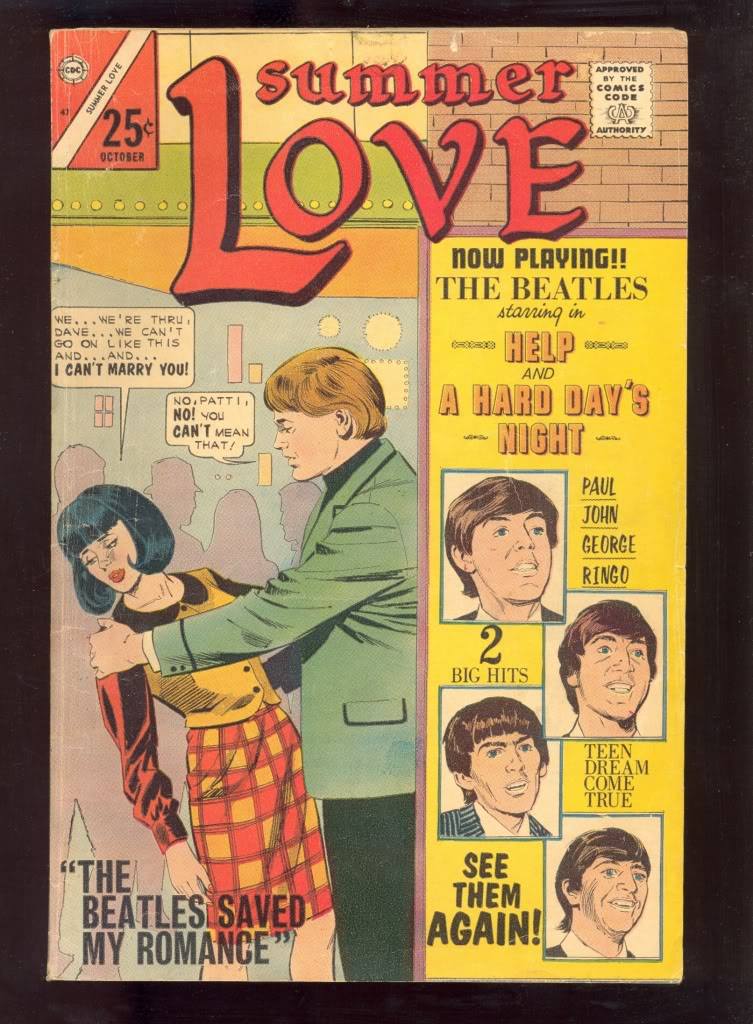Click on the image to enlarge.
Category Archives: Main Page
DOWN IN THE WEST TEXAS TOWN OF EL PASO
CATHY O’DONNELL
LEAVING CHEYENNE
I just saddled Old Paint and rode out of Facebook. I’d hung around that place for nearly five years and liked it well enough, made some good friends there, told my share of tall tales in the Silver Status Saloon — made a fool of myself there, too, from time to time but no one seemed to care too much.
Can’t say why I took a notion to ride off from the place — just an idea, I guess, that there might be better country further west, and that I might profit from some time on the move with less company around me. I felt good seeing the trail up ahead wind off into the distance, like a weight had been lifted off me, and bad thinking of sleeping out in the rain under a slicker on stormy nights, with none of the old crowd at the Silver Status around to stand me a glass.
If anybody asks about me back in town, someone is sure to say, “Oh, he was last seen heading off in the general direction of Montana.” I might go there, or I might go somewhere else.
AN LP COVER FOR TODAY
THE APACHES!
ON THE SET
DEMETRIUS AND THE GLADIATORS
In this rather lackluster sequel to The Robe Victor Mature reprises his role in the earlier film as the faithful ex-slave who recovers Jesus’s robe from the foot of the cross and carries it to Rome. In this film he’s in love with Lina, a chaste Christian girl, played by Debra Paget, but separated from her when he assaults a Roman soldier in her defense and is sent to gladiator school.
There, because he’s such a super hunk, he catches the eye of the lascivious Messalina, wife of Claudius, the Emperor Caligula’s uncle. She contrives ways to save his life and throws herself at him sexually. Messalina is played by Susan Hayward, and she is smoking hot in the film. In fact, she gives the picture the only juice it has.
The scenes of gladiatorial combat are clumsily staged, the Christian characters are all drips, and Jay Robinson’s Caligula is such a camp caricature of the mad emperor that he can’t be taken seriously as a villain, though the performance is certainly amusing.
Paget’s Lina is so thoroughly insipid that your heart leaps up when Demetrius loses his faith and decides to commit adultery with Messalina, which sort of subverts the film’s nominal allegiance to Christian virtue. By the same token, when Demetrius gets his faith back and stops boffing Messalina, the picture is essentially over.
The film, like The Robe before it, was a smash hit, but it’s hard to imagine why. The novelty of Cinemascope, in 1954, and Hayward’s carnality must have carried the day with audiences of the time.
Click on the images to enlarge.
A COMIC BOOK COVER FOR TODAY
A WESTERN MOVIE POSTER FOR TODAY
A PAPERBACK COVER FOR TODAY
THE PASTOR AND THE POP STAR
PZ goes to see one of his favorite pop stars in concert, becomes a part of the event and writes about it below:
TAKE COURAGE — HE IS CALLING YOU
In the Bible a blind man calls persistently on the Lord to be healed. He finally gets the message back: “Take courage. He is calling you.” A good thing then happens.
I felt like the blind man recently, when someone I admire decided he wanted to see me.
Burton Cummings, who became famous long ago as lead singer and keyboard player of The Guess Who and later launched a solo career, is a rare artist who seems to me almost completely unfiltered. What I mean is, he rarely filters his emotions. His songs are full of unfiltered feeling — so much so that they are sometimes too hot to handle. Songs like “These Eyes”, “Stand Tall”, and “Sour Suite” are hard on the listener yet massively cathartic.
“I’m Scared” made a special impression on me, because it tells the story of Cummings’s spiritual epiphany that he had while sheltering from the cold one day in St. Thomas Episcopal Church at 53rd and Fifth in Manhattan (above). Something happened that day, and the song is still one of his most popular, if not the most popular of anything he’s ever written.
Well, last week, at my wife’s suggestion, I went to see Burton Cummings at the City Winery on Varick Street in Soho. When I arrived, in the middle of a thunderstorm, I passed in a note, hoping against hope, to a member of Cummings’s team, that an Episcopal minister was there tonight who had an association with what the song “I’m Scared” refers to as “the Cathedral of St. Thomas”. (I’ve preached there several times over the years, and led forums there, and been good friends with two long-term rectors of the parish.)
Then suddenly, in his intro to “I’m Scared”, Burton Cummings said that he understood “there is a pastor in the audience tonight” to whom he wished to dedicate the song. He asked where I was sitting, and the teenager sitting two seats away from me, shouted, “He’s here! He’s over here!” I couldn’t believe it.
Then, at the end of the show, he announced that he wanted to see me as soon as possible.
Like the blind beggar in the Old Story, I went forward. Cummings’s manager, Lorne Saifer, took me by the elbow straight into the inner sanctum. There, literally bathed in light — for Cummings’s videographer, Lil Sarafian, was filming our meeting — was the man himself.
What transpired was so lovely and so dear, and so personal, that I can barely believe it happened. We spoke for ten minutes about Cummings’s spiritual beliefs; what the song “I’m Scared” had meant to his mother, who died two years ago; and what he thinks about religion today and its purpose. He told me he had grown up in the Anglican Church of Canada, and when I mentioned that St. Thomas is an Episcopal (i.e., Anglican) church, he said, “Oh, you see! I thought it was Presbyterian!”
Then the seer put his arm around me and called for a photo. He gripped my hands in both of his, and in the most heartfelt possible way, thanked me for coming. He thanked me — as if.
The manager escorted me out and twinkled, “You see, pastor, prayers are answered.”
Well, that’s it. Not only are the songs of Burton Cummings the very instance of unfiltered emotion in music, but our “splendid combination” (Gene Chandler) that night was unfiltered, too. Something passed between us. To quote Cummings again, “I thought that stuff was invisible.”
A JAPANESE BEER POSTER FOR TODAY
PERSONA
Being a storyteller at heart I generally don’t like abstract or experimental movies unless, like most of Godard’s films, they’re in the nature of essays about movies, essays about stories.
Ingmar Bergman’s Persona is an abstract and experimental movie which I do like, because it’s very playful in its violation of normal narrative expectations, in its exploration of the extreme limits of what movies can do. There is a story at the center of it, like an image in a mirror that Bergman smashes to pieces and reassembles in front of your eyes, not quite the way it was but still recognizable.
As with Godard’s films, the “text”, insofar as it can be read, is less important than the way the text is looked at, assembled and reassembled. The text of Persona, about the instability of the ego, the essential meaninglessness of the ego, is sort of trite. It’s the clever ways Bergman finds to examine the text, using all his considerable resources as a filmmaker, that keeps the film engaging and entertaining.
In general I find Bergman’s gloomy existentialism tiresome but Persona is not tiresome. Its dour text contradicts the exhilarating experience of watching it. Maybe Bergman knew he was creating this paradox, maybe not. It doesn’t really matter.
The film is engaging and entertaining in another aspect as well—the erotic. At its center are two very beautiful and sensual women playing characters who may or may not be falling in love with each other, may or may not be two parts of the same character trying to reconcile with each other. Either way it’s non-stop girl-on-girl action at every level but the physical, and this is erotically intriguing.
Bergman doesn’t try to pretend that the interaction of the two women is not being seen from a male perspective, but the power of the performances by the two female leads subverts the male gaze, gets beyond it and whatever limits it might want to set on the relationship between the characters. This generates a complex tension, which Bergman wisely chose not to resolve.
There is also one quite extraordinary scene in which one of the women recounts to the other, in a extended monologue, an episode of anonymous sex on a beach. The sexual encounter takes place entirely off-screen but becomes one of the most erotic moments in all of cinema. It’s one of those off-screen scenes, like the one conjured up by Mr. Bernstein’s story of the girl on the ferry in Citizen Kane, that are as potent and indelible as any on-screen scene ever created.


